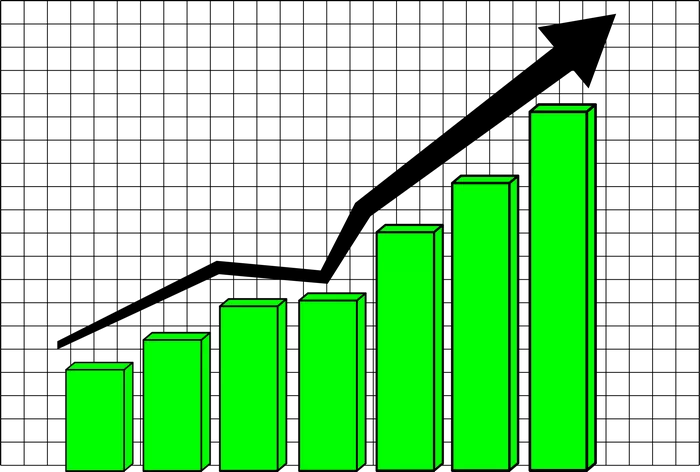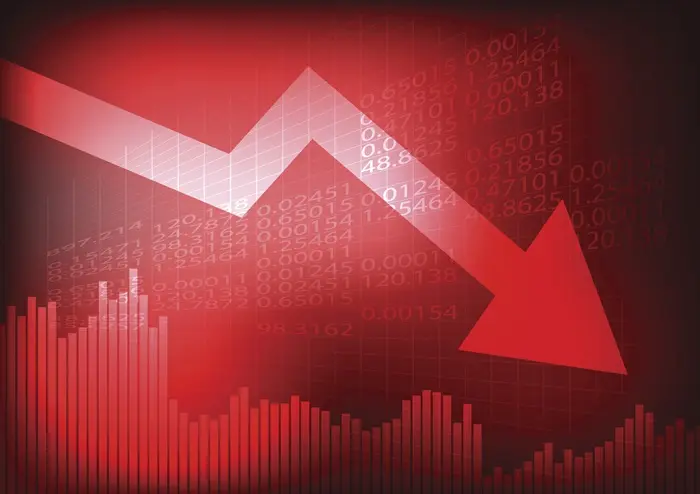The foreign exchange (forex or FX) market is a global marketplace where currencies are traded. With daily trading volume reaching $7.5 trillion, it is the world’s largest financial market. Once exclusive to banks and financial institutions, online trading platforms have made it accessible to individual investors. This article will provide a detailed guide on how to make money with forex, from understanding the basics to developing a solid trading strategy and managing risk.
What Is Forex Trading
Forex trading involves buying one currency while simultaneously selling another, aiming to profit from changes in their relative values. For example, if you believe the euro will strengthen against the U.S. dollar, you might buy euros and sell dollars, hoping to sell those euros later at a higher price. The key to successful forex trading is anticipating and capitalizing on these currency value shifts.
The foreign exchange market is highly dynamic, with price quotes changing constantly. Unlike traditional stock markets, the forex market has no central marketplace. Instead, currency trading is conducted electronically over the counter (OTC), through computer networks connecting traders worldwide. The main markets are open 24 hours a day, five days a week, starting in the Asia-Pacific region and moving to Europe and then North America.
Advantages of Forex Trading
1. High Liquidity
The forex market is highly liquid, meaning you can buy or sell currencies at any time close to market prices. This high liquidity allows traders to quickly enter and exit the market, reducing slippage and transaction costs.
2. 24-Hour Market
The 24-hour nature of the forex market offers flexibility to traders worldwide. No matter where you are, you can trade at any time that suits you. This is particularly advantageous for those with busy schedules who want to make money on the side.
3. Leverage
Forex trading typically allows the use of leverage, meaning you can control larger trade positions with a relatively small amount of capital. While leverage can magnify profits, it also increases the risk of losses. Therefore, it is crucial to use leverage cautiously.
4. Low Transaction Costs
Compared to other markets, forex trading often involves lower transaction costs. Most trading platforms charge a small spread (the difference between the buy and sell prices), making it cost-effective for traders.
Risks of Forex Trading
1. Market Volatility
Forex markets are highly volatile, with prices fluctuating rapidly. While this volatility presents opportunities for profit, it can also result in significant losses. Effective risk management is essential to navigate market uncertainty.
2. Leverage Risk
While leverage can amplify profits, it similarly increases the risk of losses. Many novice traders suffer significant losses due to a lack of understanding of leverage. Therefore, it is vital to understand the risks associated with leverage before using it.
3. Psychological Factors
Forex trading is not just about technical analysis and strategies; psychological factors also play a crucial role. Fear and greed can often influence traders’ decisions, leading to irrational behavior. Maintaining calm and rationality is key to successful trading.
4. Fraud and Non-Compliant Platforms
The forex market is susceptible to fraud and scams. Choosing a regulated and reputable trading platform is crucial to safeguard your investments.
Understanding the Structure of the Forex Market
1. Market Participants
The forex market comprises various participants, including central banks, commercial banks, hedge funds, corporations, and retail traders. Each participant plays a different role, influencing market liquidity and prices.
2. Major Currency Pairs
The most traded currency pairs in the forex market include the euro/U.S. dollar (EUR/USD), U.S. dollar/Japanese yen (USD/JPY), and British pound/U.S. dollar (GBP/USD). These pairs offer high liquidity and tight spreads, making them favorite choices for traders.
3. Trading Sessions
The forex market operates in multiple trading sessions: Asian, European, and North American. Each session has different trading volumes and volatility levels, allowing traders to choose the most suitable time to trade based on their strategies.
Forex Trading Strategies
1. Fundamental Analysis
Fundamental analysis focuses on economic data, political events, and other macroeconomic factors that influence currency prices. Traders use this information to predict future currency movements. Key indicators to watch include interest rates, inflation rates, trade balances, and geopolitical events.
2. Technical Analysis
Technical analysis focuses on price charts and technical indicators to predict future price movements based on historical data. Common technical indicators include moving averages, relative strength index (RSI), and Bollinger Bands. Technical analysis helps traders identify trends, support and resistance levels, and entry and exit points.
3. Price Action Trading
Price action trading is a strategy that relies on the analysis of price movements and patterns without using technical indicators. Traders observe price behavior to understand market sentiment and make trading decisions. This method emphasizes understanding the psychology of the market.
4. Quantitative Trading
Quantitative trading uses mathematical models and algorithms to execute trading strategies. This approach relies on computer programs to analyze vast amounts of data and make trading decisions quickly. Quantitative trading is suitable for traders with programming skills.
How to Start Forex Trading
1. Learn the Basics
Before diving into forex trading, it is crucial to understand the basics. Familiarize yourself with currency pairs, abbreviations, and terminology. Learn how to read forex charts and understand market trends.
2. Choose a Regulated Broker
Selecting a reputable and regulated broker is essential to protect your investments. Regulated brokers adhere to strict guidelines, ensuring transparency and security. Research different brokers, compare fees, and read reviews before making a decision.
3. Practice with a Demo Account
Before risking real money, practice trading with a demo account. Demo accounts allow you to simulate real trading conditions without financial risk. This is an excellent way to gain experience and develop your trading skills.
4. Develop a Trading Plan
A solid trading plan is vital for successful forex trading. Define your trading goals, risk tolerance, and strategies. Create a trading schedule and stick to it. Avoid letting emotions influence your decisions.
5. Manage Risk Effectively
Risk management is crucial in forex trading. Use stop-loss orders to limit losses. Do not invest more than you can afford to lose. Keep a detailed trading journal to track your performance and identify areas for improvement.
6. Stay Informed
Forex trading is a dynamic market influenced by global events and economic indicators. Stay informed by reading economic news, market analysis, and reports. Use this information to adjust your trading strategies accordingly.
Tips for Successful Forex Trading
1. Patience and Discipline
Forex trading requires patience and discipline. Avoid getting swayed by emotions or making impulsive decisions. Stick to your trading plan and wait for the right opportunities to arise.
2. Continuous Learning
The forex market is constantly evolving. Stay updated by continuously learning new strategies and techniques. Attend trading workshops, read trading books, and follow experienced traders.
3. Diversify Your Portfolio
Do not put all your eggs in one basket. Diversify your investments across different currency pairs and asset classes to mitigate risk. This will help balance your portfolio and protect you from significant losses.
4. Use Trading Tools and Resources
Utilize trading tools and resources available on your broker’s platform. These include technical analysis tools, market news, economic calendars, and trading signals. These resources can provide valuable insights and help you make informed decisions.
5. Keep a Positive Mindset
Forex trading can be challenging and stressful. Maintain a positive mindset and stay focused on your goals. Treat trading as a long-term endeavor and avoid getting discouraged by short-term losses.
Conclusion
Forex trading offers a lucrative opportunity to make money by buying and selling currencies. However, it requires a deep understanding of the market, a solid trading strategy, and effective risk management. By following the tips and strategies outlined in this article, you can develop the skills necessary to succeed in forex trading.
Remember, forex trading is not a get-rich-quick scheme. It requires patience, discipline, and a willingness to learn. With the right approach, you can potentially earn a good income from trading currencies. Start with a demo account, practice your skills, and gradually build your confidence before risking real money. Always manage your risk effectively and stay informed about global events and economic indicators. With dedication and hard work, you can achieve success in the exciting world of forex trading.
Related topics:






























